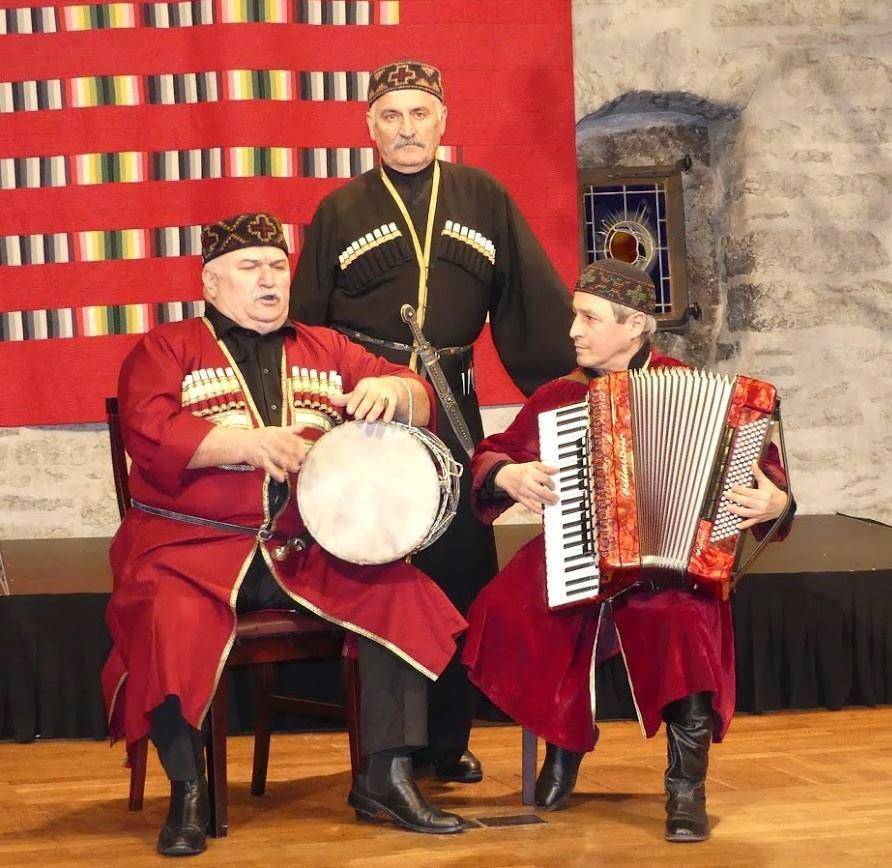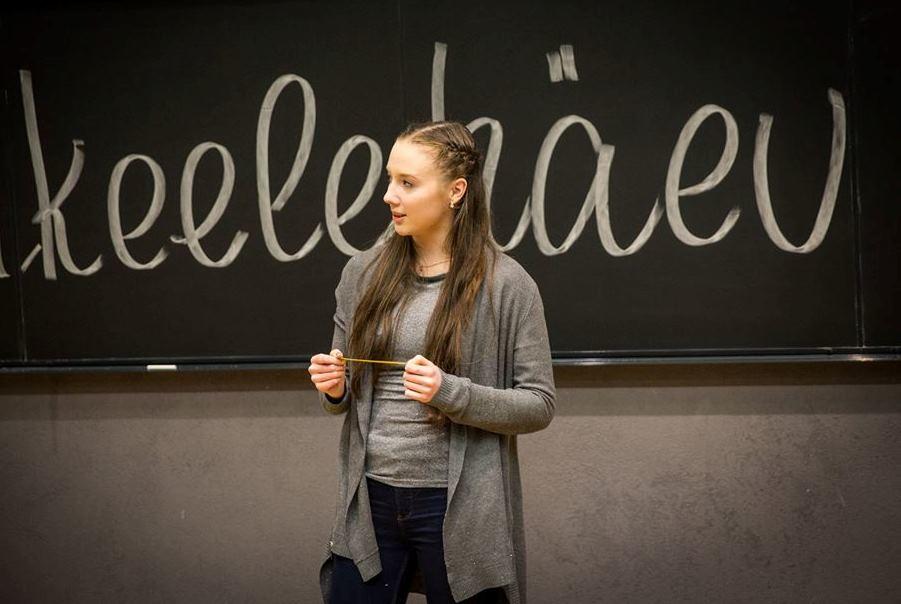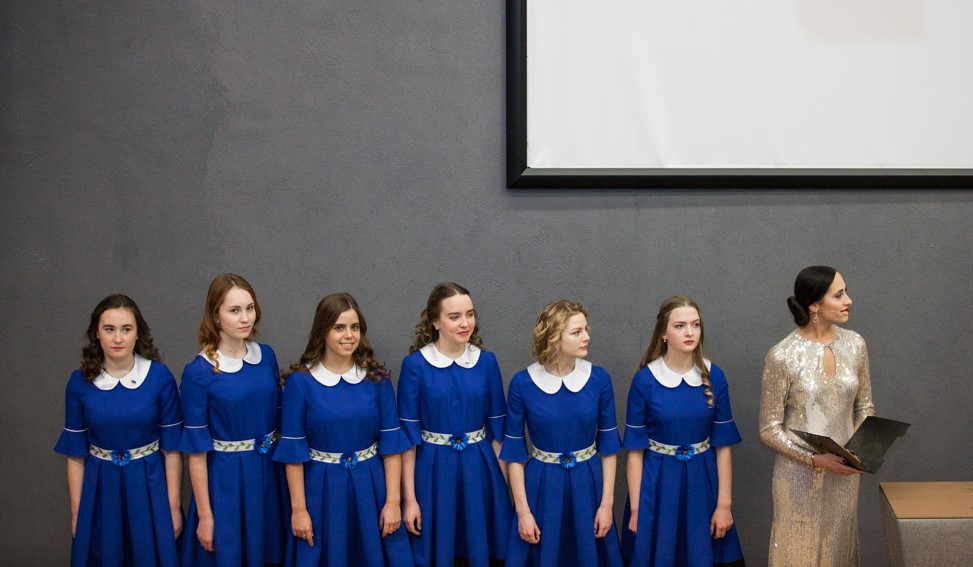An advisory committee of the Council of Europe stresses the need to address divides in the education system between Estonian and Russian language teaching in Estonia and says, among other recommendations, that the country’s authorities should intensify the dialogue with the representatives of the Russian minority.
In its latest opinion on Estonia, the Advisory Committee on the Framework Convention for the Protection of National Minorities makes a series of recommendations aimed at “improving the integration of society as a whole, and ensuring that persons belonging to national minorities can participate effectively in economic, social and political life”.
While recognising that Estonia continues to support national minorities, the committee stresses the need to “address divides in the education system between Estonian and Russian language teaching, in the media space, and as regards the perception among some parts of the Russian minority of the promotion of the state language”.
“The authorities should also ensure access to Russian as a language of instruction at all levels of the public education system and intensify the dialogue with representatives of the Russian minority. They should look into the causes of any educational disparities in academic performance from students in Estonian-language and Russian-language schools, assess and improve the quality of education with Russian as the language of instruction, and remedy any problems identified,” the advisory committee says.
The opinion also notes that there remained a large number of people without citizenship belonging to the Russian minority, “limiting their possibilities to fully and effectively participate in Estonia’s cultural, economic and political life”. It does mention, however, that “significant developments have been noted to reduce the number of children without such citizenship”.
Pursue intercultural dialogue
The opinion points out that Estonia continues to offer broad support to national minorities on cultural aspects, funding traditional cultural events and diverse artistic projects and boosting knowledge about national minorities to the general public – but adds that “sustainable funding is still needed to ensure continuity of national minority organisations’ activities” and more can be done to raise awareness about minorities. “Though there are good relations between national minorities organisations and the authorities, more can be done to promote the culture, history and languages of national minorities to the wider population.”

It recommends increasing knowledge through the school curriculum of the historic presence, languages and contribution of national minorities in Estonia, and calls to pursue tolerance and intercultural dialogue through formal and nonformal education, including by promoting interaction between pupils from different linguistic backgrounds.
The European advisory committee notes there is a general tendency to expect minorities to integrate into society as a one-way process – whereby little is expected of the majority. “Underpinning this issue is a lack of proper consultation with minorities regarding the integration strategy.”
Estonia’s education system remains divided
The opinion also comments on Estonia’s education system that remains divided into Estonian-language schools and Russian-language schools. “According to the authorities, the current education system receives support from some members of the Russian minority, who see it as crucial in protecting the Russian language in Estonia. Critics of the system – some of them among the Russian minority – point out that it contributes to perpetuating existing divisions in society and even weaker academic performance leading to lower educational outcomes for Russian-speaking students.”

The Framework Convention for the Protection of National Minorities is Europe’s most comprehensive treaty protecting the rights of persons belonging to national minorities. The treaty is in force in 39 states, including Estonia that ratified it on 6 January 1997.
The Council of Europe is an international organisation founded in the wake of the Second World War to uphold human rights, democracy and the rule of law in Europe. Founded in 1949, it has 46 member states and is based in Strasbourg, France.
The Estonian government authorities have yet to comment on the opinion.

